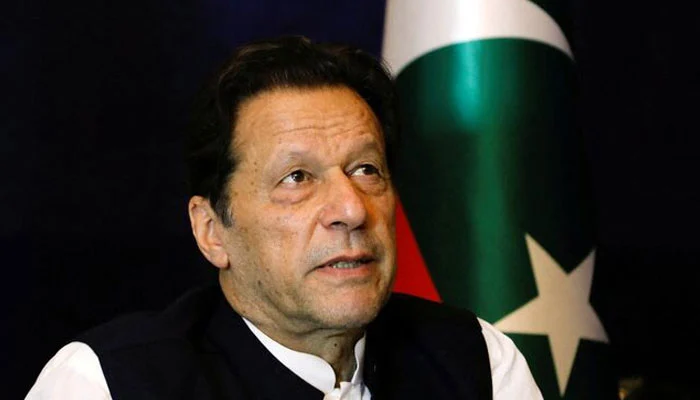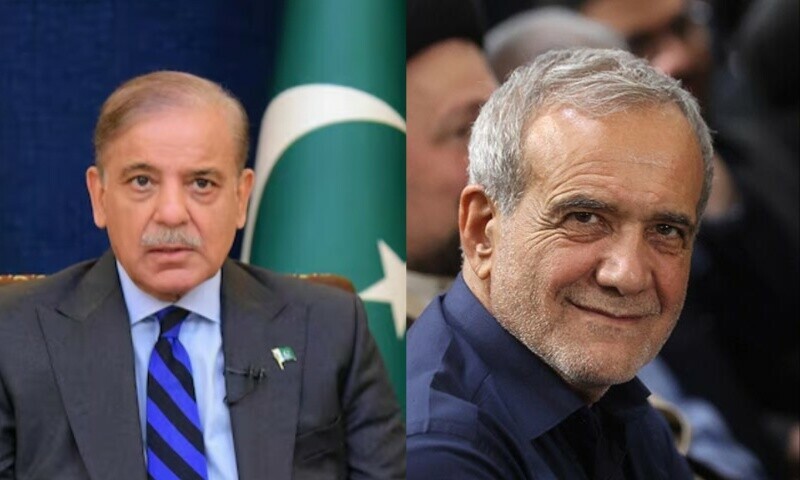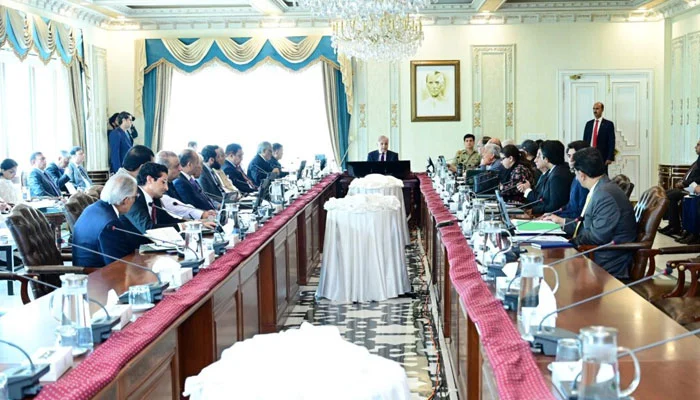
His right-wing Fidesz party had 53.1% of votes with 98% counted, preliminary results show.
The opposition alliance led by Peter Marki-Zay was far behind with 35%.
In his victory speech, Mr Orban criticised Brussels bureaucrats and Ukraine’s President Volodymyr Zelensky, calling them “opponents”.
Mr Zelensky has repeatedly criticised Mr Orban’s ban on the transfer of arms to Ukraine, with which it shares a border. However, Mr Orban – who has close ties with Moscow – has condemned the Russian invasion, and taken in half a million refugees since the war began in February.
“We never had so many opponents,” he said cited by AFP. “Brussels bureaucrats… the international mainstream media, and the Ukrainian president.”
Mr Orban added that his “huge victory” could be seen “from the Moon, but certainly from Brussels as well”.
When officially confirmed by Hungary’s electoral commission, the victory will be Fidesz’s fourth successive win since 2010. The National Election Office said Fidesz would have 135 seats, a two-thirds majority, and the opposition alliance would have 56 seats – again, based on preliminary results.
Mr Orban, 58, has had a fraught relationship with the EU, which considers that Fidesz has undermined Hungary’s democratic institutions.
In his 12 years in power, Mr Orban has rewritten the constitution, filled the top courts with his appointees, and changed the electoral system to his advantage.
During campaigning, the opposition’s catch-phrase was “Orban or Europe”.
Their candidate Peter Marki-Zay argued that Hungary should join Poland, the UK and others in supplying arms to Ukraine. And if called upon, and only within a Nato framework, should even consider sending troops.
The opposition complained that Fidesz had isolated Hungary from the European mainstream, and from consensual democracy, fairness and decency.
You could almost hear the collective thud of EU hearts sinking last night.
A self-styled illiberal democrat, Hungary’s leader has repeatedly clashed with Brussels over rule of law issues such as press freedom and migration.
They’ve fallen out over Moscow too. Mr Orban is famed for his warm relations with Vladimir Putin. He signed up to Western sanctions – but refuses to supply Ukraine with weapons. He’s the only EU leader to openly criticise President Zelensky.
Hungary is becoming increasingly isolated in the EU and Nato – but Mr Orban knows neither institution is keen to ostracise him. They want a show of Western unity to display to Russia.
His new term in office means he’ll remain an unpredictable thorn in their side.
More than 200 international observers monitored the election in Hungary, along with thousands of volunteers from across the political spectrum.
Turnout hit 68.69%, almost matching the record number of voters in the last national elections in 2018.
Mr Marki-Zay, the conservative opposition leader, conceded defeat late on Sunday evening.
“I will not hide my sadness and my disappointment,” he told supporters, accusing Fidesz of running a campaign of “hate and lies”.
He claimed the opposition had done “everything humanly possible” but that the campaign had been “an unequal fight” as anti-Fidesz politicians got so little showing in state media.






